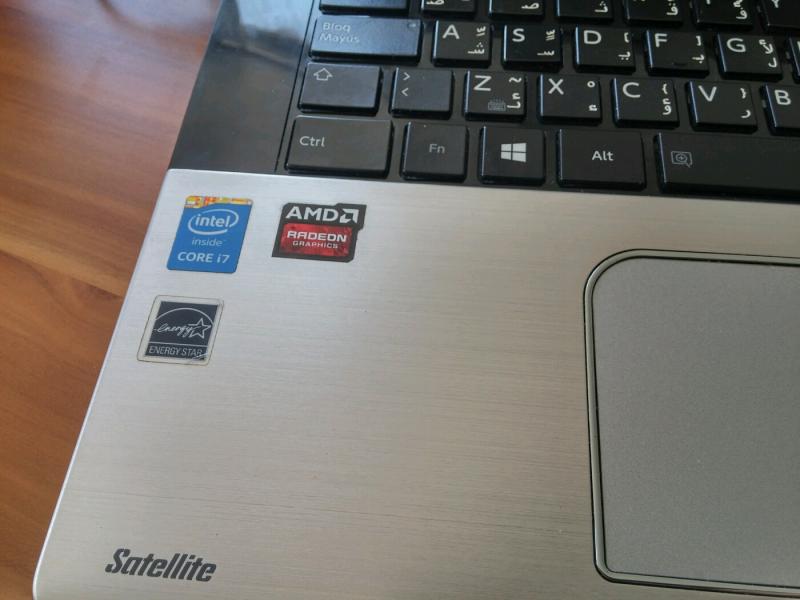Ranter
Join devRant
Do all the things like
++ or -- rants, post your own rants, comment on others' rants and build your customized dev avatar
Sign Up
Pipeless API

From the creators of devRant, Pipeless lets you power real-time personalized recommendations and activity feeds using a simple API
Learn More
Comments
-
 tokumei20877yI've been doing so much research on the wiki, reading the handbook, getting familiar with Portage and OpenRC, and I think I really like their package management scheme. It's much more complicated coming from pacman, but every little feature has its use and is really useful.
tokumei20877yI've been doing so much research on the wiki, reading the handbook, getting familiar with Portage and OpenRC, and I think I really like their package management scheme. It's much more complicated coming from pacman, but every little feature has its use and is really useful.
Like USE flags. Wow that's great. And that is damn near impossible to do with distros that ship prebuilt binaries, they have to build multiple packages with different features enabled. -
 tokumei20877y@irene lots of reasons. There's an entire website dedicated to explaining this: https://without-systemd.org/wiki/...
tokumei20877y@irene lots of reasons. There's an entire website dedicated to explaining this: https://without-systemd.org/wiki/...
Main points:
- The scope creep means that systemd can now handle boot, init, process supervision, timers, networking, DNS resolution, disk mounting, other devices (udev), logins, logging. Do we really need a single monolithic project to handle all of that?
- On top of the problems that large unmaintainable codebases will inherently have with bugs and vulnerabilities, systemd maintainers have repeatedly refused to cooperate on issues that are clearly bugs (plenty of links in that article)
I'll also admit that I am a bit radical when it comes to stuff like this, If I could find a decently stable alternative I would also be replacing the Linux kernel due to its monolithic design. In my view, modularity is a good idea in all but the most performance-critical applications. -
 Root772337y@kenogo It's pretty damned monolithic.
Root772337y@kenogo It's pretty damned monolithic.
And I really hate just how much of my system it is responsible for controlling.
(Semi-related: that guy's code really is freaking awful) -
 tokumei20877y@kenogo My point is that systemd doesnt provide anything that other services can't. None of your "advantages" are really exclusive to systemd:
tokumei20877y@kenogo My point is that systemd doesnt provide anything that other services can't. None of your "advantages" are really exclusive to systemd:
- OpenRC and runit both support parallel boot.
- Any reasonable supervisor should be able to tell you at least that a service failed. Error message could then be retrieved from logging -
- Syslog and similar services already exist to centralize logging. Some supervisors can also integrate with this (like runit's svlogd)
- To be fair, I'm not too familiar with how systemd handles init, but I dont see why other systems needed to be simplified. Runlevels are extremely powerful and pretty easy to understand. -
 tokumei20877yAlso systemd wars wasn't what I wanted, I was just wanting to talk about nerd things like gentoo and thinkpads.
tokumei20877yAlso systemd wars wasn't what I wanted, I was just wanting to talk about nerd things like gentoo and thinkpads.
Related Rants

 That's why I love amd~
That's why I love amd~ I have stickers on my laptop too
😎😎
😂😂😂😂
I have stickers on my laptop too
😎😎
😂😂😂😂 AMD is back :D
AMD is back :D
btw fellow gentoo users, what are your opinions about it? What advice do you have for noobs? My Black Friday E585 Thinkpad is coming in a few weeks and I'm thinking about switching distros.
Used to use Arch, recently I've been using Artix with runit as the alternative init system. I need something simple and systemd free, and I think gentoo would scratch that itch.
question
amd
gentoo
black friday
thinkpad